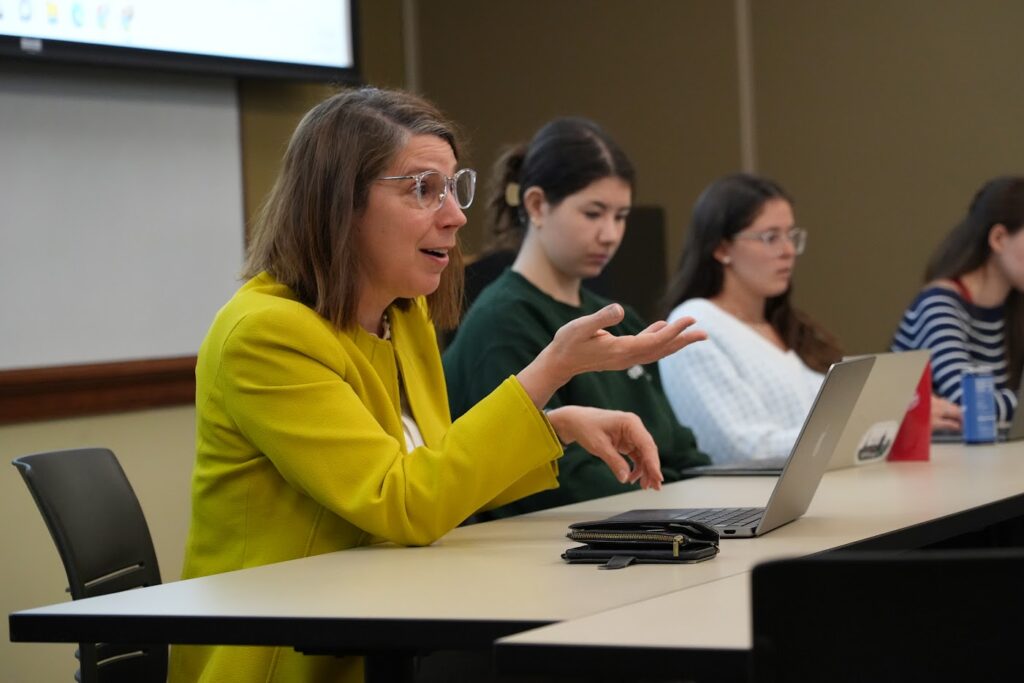Poverty studies Interdisciplinary minor
The Poverty Studies Interdisciplinary Minor has been renamed and reimagined as the Justice and Society Minor. Check it out!
The Poverty Studies Interdisciplinary Minor (PSIM) contributes to Notre Dame’s mission to “develop in students a disciplined sensibility to the poverty and injustice that burden the lives of so many” by focusing on the Catholic social teaching principle of the preferential option for the poor. Poverty Studies asks students to examine poverty, injustice, and oppression through research in multiple disciplines and through experiential learning in which students encounter people experiencing and addressing poverty firsthand.
Poverty Studies seeks to form students in anti-racist, trauma-informed, and evidence-based action to confront and reduce poverty in local and global communities, now and lifelong. Through Poverty Studies, students combine passion, curiosity, knowledge, and skills to discern how they can help create a more equitable world in any profession they choose.

“I learned that anti-poverty work requires addressing many different systemic inequities simultaneously, including racial and environmental injustice and disparities in financial inclusion, accessibility, education, and health resources.”
– Ryan Klaus ’18, Finance
What will you do in Poverty Studies Interdisciplinary Minor?

The Poverty Studies Interdisciplinary Minor involves 15 credits of coursework.
- Poverty from multiple perspectives: Explore the nature, causes, and consequences of poverty with faculty and community experts who come at the problem from different disciplines and perspectives.
- Collaboration with community: Connect your research on poverty to communities that face it through coursework with local, national, or international partners focused on poverty-related questions.
- A range of electives: Deepen or expand your thinking on poverty into areas of most interest to you. Poverty and sustainability? Government policy? Economic dimensions of war? We’ve got it.
- A comprehensive final project: Focus your research in the capstone community-engaged course or completing your own capstone project together with an expert advisor.
